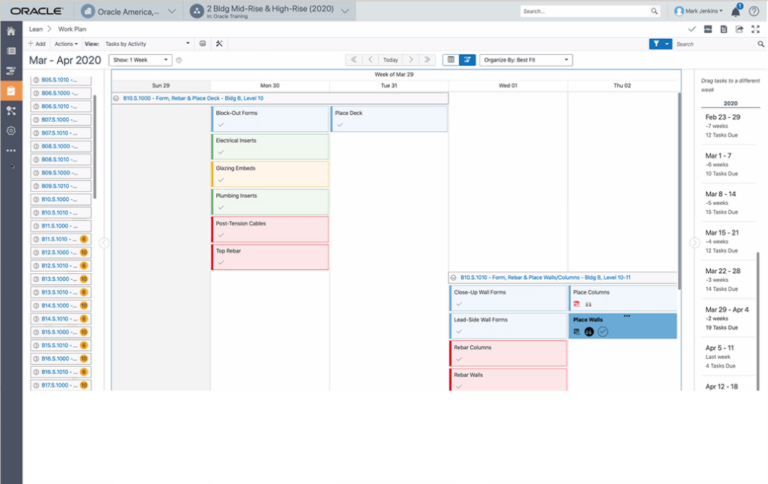
By Steve Sudler, CEO of Catalyst
Catalyst’s planning and scheduling professionals are contracted to help contractors prepare and manage project schedules for new work or rework the schedule for a “problem project”. Often, our first challenge is that the project team are not committed to the idea that project controls are valuable. Perhaps they have a point – simply having project controls is not enough. To effectively manage a project, you need “good” project controls.
The path to “good” begins with project planning processes. Poor project planning will result in poor project schedules.
Planning Before Scheduling
The path to “good” begins with project planning processes. Poor project planning will result in poor project schedules. Check the project contract thoroughly for requirements and constraints that may influence execution of the work. Review details of the project estimate for material or labor conditions that may influence cost, sequencing of work or additional risk. Insure representatives of all major sub-contractors and your project superintendent and PM in the room to cooperatively plan the execution of the work. Explore alternatives and document preliminary schedule discussions. Prepare Prelim CPM Schedule and submit to planning team for review and adjustment.
Finally, prepare the Baseline CPM schedule for final review and signoff by each member of the planning team. Perform these steps well and your team will have a “good” schedule tool that all can use to forecast and perform the work to cost and time requirements.
“Present” People Matter
Another key success factor for good project controls are the people who work on the data. The project controls staff need to be “present” in the project. They need to “walk the work” to maintain an awareness of the state of the project that might not be visible by just looking at the data. They need to be able to use their skills and experience to analyze data, spot anomalies and interpret what the data is telling them. They need to use the forecasts generated from the data and use their knowledge. And finally, they need to have the courage to honestly report the state of the project even if the news is not what the project manager and sponsors want to hear. By determining project progress accurately, highlighting problems and issues early in the project, more time is available to develop and implement plans to address problems and keep the project on track.
Key Takeaways
Good project controls are fundamental to good project management. To be effective, project controls needs to be integrated with everything the project does. The project controls team need to be integrated with the project team and communicate with each other constantly; it’s more than just number crunching. The project controls processes need to be efficient and not detract from the day-to-day work of the project. The software system chosen to collect, collate, analyze and report on the data needs to be robust and easy-to-use, standardized to allow efficiencies within the organization while being flexible enough to meet the needs of the project.
At Catalyst, project planning and scheduling is what we do. Our staff are people who know Project Controls and who have experienced the life of a project manager, estimator, scheduler and cost controller. Our processes have been created to improve the timeliness, completeness and quality of project controls data, make the lives of team members easier, improve the visibility and accuracy of the project status, and help assure the project delivers the scope on time and under budget. Contact me to learn more about producing “good” schedules on your up-coming work.



